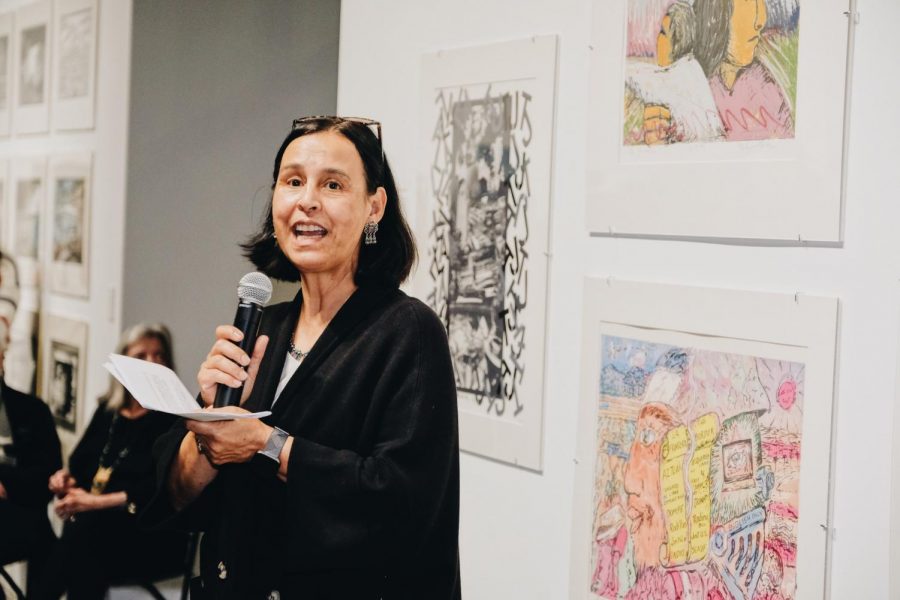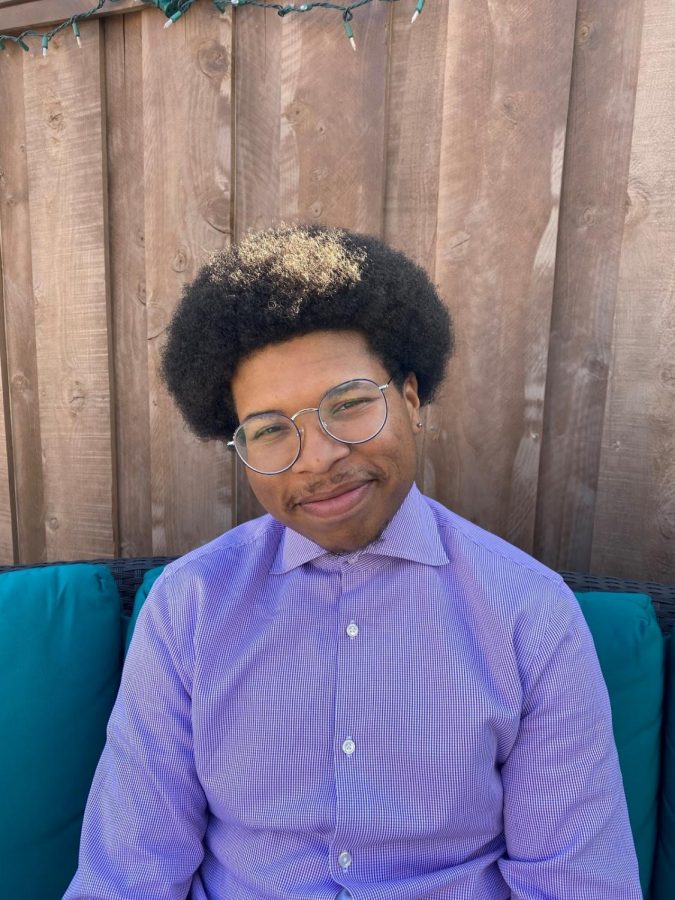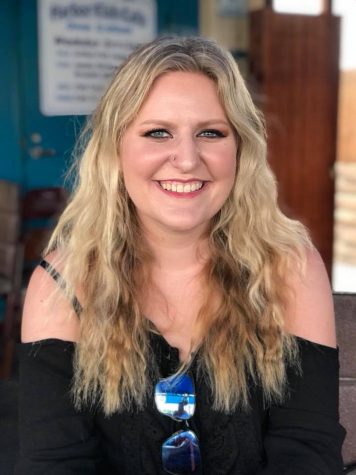In April 2013, the Sacramento Kings were preparing to pack up and permanently relocate to Seattle, after a prolonged combination of embarrassing seasons, disappointing draft picks and poor ownership, much to the frustration of its consistently dedicated fanbase.
However, right when it seemed the papers were signed and Sacramentans would have to say goodbye to their one professional sports team, Sac-local business owners, fronted by their mayor, were inexplicably successful in persuading the NBA to force then-owners, the Maloof family, to sell the team, keeping the Kings in the City of Trees.
Four years later, the Kings aren’t performing much better. Despite their fancy, eco-friendly new arena, they finished with the eighth-worst record in the NBA last season, and traded away their star center, DeMarcus Cousins.
Yet somehow, they ranked 16th in attendance out of all 30 teams, steadily rising from the 2013 season when they ranked dead last.
It doesn’t sound that impressive, but for a team with zero playoff chance in a city where pretty much every surrounding area is inhabited by Warriors fans, it is.
This is how Sacramento works — it has little to offer outside of government buildings and railroad museums, but something about it keeps its natives fiercely loyal.
One of these natives is “Lady Bird” writer and director Greta Gerwig.
Somewhat of a critical darling after praised turns in “20th Century Women” and “Frances Ha,” co-writing the latter, she returns to Sacramento to make her directorial debut with a semi-self portrait of her formative senior year in California’s capital city.
I grew up in a Sacramento suburb northeast of where “Lady Bird’s” titular character, portrayed by Saoirse Ronan, lives, but her and I still share a lot of similar reference points, like rich Granite Bay kids, elitism over UC Davis even though it’s a great school and trying to convince people you’re actually from the Bay Area.
High school movies can be a lot like reading the characteristics of your Zodiac sign — aiming for relatability by being just vague enough to be all-encompassing, but with leaps of specificity that when landed, they’ll make you think they’re reading your mind.
As a Sacramentan, “Lady Bird” was different — at age 20, seeing a vastly critically acclaimed coming-of-age film set in my hometown was not just surreal, it was relatable to the point of invasiveness. Other people know about this place?
Sure, it’s naïve to think Sacramento is some neglected, undiscovered wasteland only few have dared to cross, but when people mention the ever-romanticized California, it can be assumed they’re referring to somewhere south of the Grapevine, or maybe San Francisco. Capital city or not, Sacramento can often feel like a different state.
Lady Bird calls Sacramento “the Midwest of California.” She wants to go to college “where culture is” — ideally somewhere on the other side of the country.
I am not well-travelled by any means, but in comparison to other metropolitan areas I’ve visited, I think it’s safe to say Sacramento is the single most stagnant city on Earth.
If New York City is “The City that Never Sleeps,” Sacramento is “The City that Only Gets Up When it Has To.”
It’s like training wheels to prepare you for living in a city — even it’s “famed landmark” (other than the capitol building), the Tower Bridge, is pretty much just a small, hideous parody of the Golden Gate Bridge.
So when Lady Bird finally gets to her sought-after “Big City,” N.Y.C., by the end of the film, she’s not as prepared as she thought she would be.
So she calls her mom, of course, and gives somewhat of an overdue verbal love letter to her hometown over shots of its local businesses and sunlight shooting through its trees.
It’s a feeling I’ve experienced since leaving home — missing the comfort and simplicity of “Big City Lite” while in an actual “Big City” far different from your long-conceptualized “Big City.”
I could go on and Sac-splain all of “Lady Bird” shot-for-shot, pointing out the significance of all the locations and driving anyone I watch it with crazy. But “Lady Bird” wasn’t made for me, nor was it made for Sacramento.
It’s too good of a movie to be simplified like that.
More than the physical setting, it’s that feeling of unexplainable, retrospective admiration of home that’s so true to entering adulthood.
I still rarely ever have a nice thing to say about Sacramento, but when someone laughs at my dismissiveness towards it, I can’t help but feel a little guilty.
It’s that same allegiance that kept the Kings there and led Gerwig back there to tell her story. Sure, it’s an uncool city, but it’s my uncool city, and I sort of love it anyway.
I still go back to Sacramento a few times a year, but a day will come when I’ll leave and not know when I’ll be back next, and those memories of parking lot-hopping, offensively hot summers and hoping to God to get the hell out that city will just grow more distant.
I’m lucky I’ll always have “Lady Bird” as a memento.











